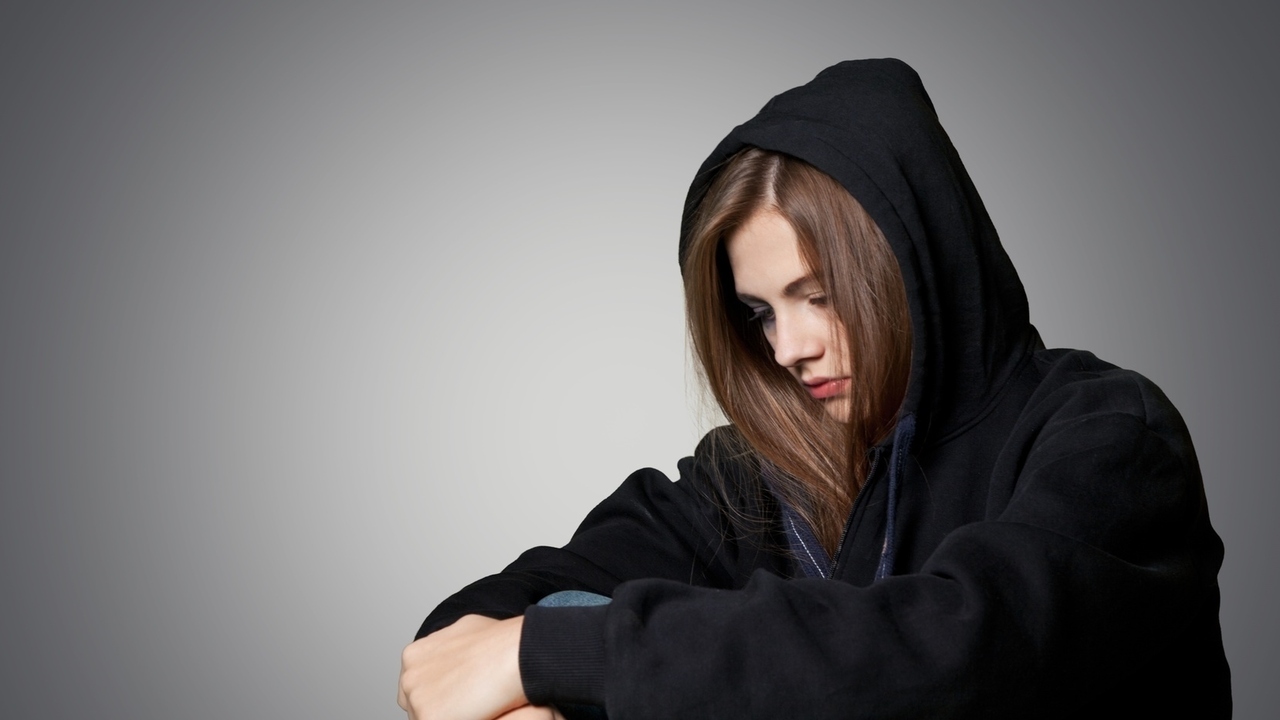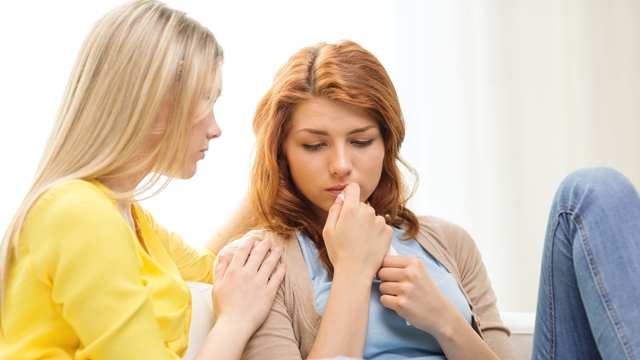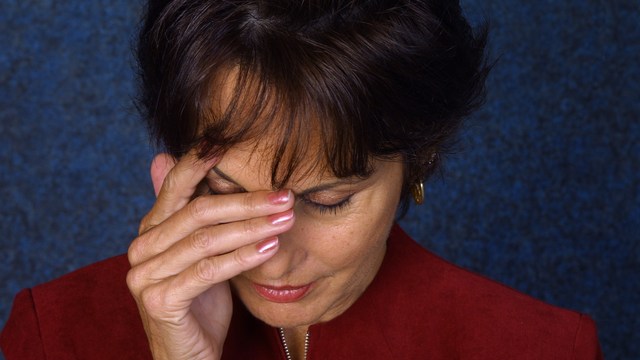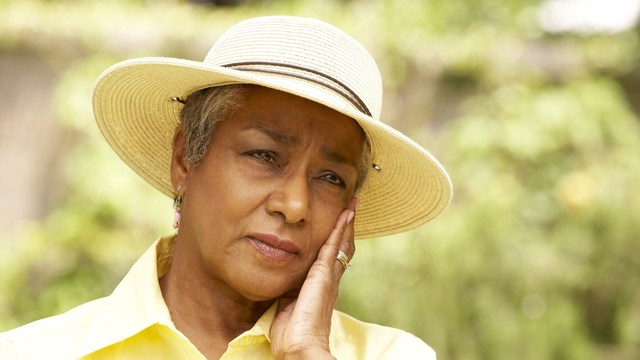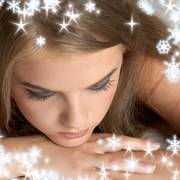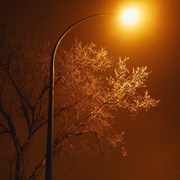Treatment
Treatment may involve the use of medicine, psychotherapy, or the use of both.
Severe depression usually requires hospital care and the use of drugs, such as olanzapine .
Antidepressant Medications
Up to 70% of depressed patients find relief from their symptoms with medicine. They can take 2-6 weeks to reach their maximum effectiveness. The medicines include:
Selective Serotonin Reuptake Inhibitors (SSRIs)
- Fluoxetine (eg, Prozac)
- Sertraline (eg, Zoloft)
- Paroxetine (eg, Paxil)
- Citalopram (eg, Celexa)
- Fluvoxamine (eg, Luvox)
- Escitalopram (eg, Lexapro)
Tricyclic Antidepressants
- Imipramine (eg, Tofranil)
- Doxepin (eg, Adapin, Sinequan)
- Clomipramine (eg, Anafranil)
- Nortriptyline (eg, Pamelor)
- Amitriptyline (eg, Elavil)
Monoamine Oxidase Inhibitors (MAOIs)
- Phenelzine (eg, Nardil)
- Tranylcypromine (eg, Parnate)
Other Antidepressants
- Venlafaxine (eg, Effexor)
- Nefazodone (eg, Serzone)
- Mirtazapine (eg, Remeron)
- Bupropion (eg, Wellbutrin)
- Duloxetine (eg, Cymbalta)
Psychotherapy
Short-term (10-20 weeks) cognitive-behavior therapy (CBT) can help some people. Psychotherapy is designed to help you:
- Cope with difficulties in relationships
- Change negative thinking and behavior patterns
- Resolve difficult feelings
Electroconvulsive Therapy (ECT)
ECT is the use of an electric stimulus to produce a generalized seizure. It may be used in people with severe or life-threatening depression. ECT is also used for people who cannot take or do not respond to medicine. It is considered a safe and effective procedure.
Exercise
A regular exercise program has been shown to relieve some of the symptoms. It should play a large role in the overall management of depression.
Phototherapy
Phototherapy is done by sitting under special lights. It usually lasts about 30 minutes every morning.
Dietary Supplements and Herbal Therapy
St. John's wort is an herb that is available without prescription. It is widely used in Europe for the treatment of mild to moderate depression. Studies have shown that the herb is as effective as standard antidepressants and has fewer side effects.
There is also recent evidence that DHEA, a dietary supplement, may help some people. DHEA is an ingredient in fish oil . Some experts disagree with these findings. Always discuss the use of dietary and herbal supplements with your doctor.
Dietary Changes
Research suggests that diets high in tryptophan, certain B vitamins, and fish oil may be helpful. They have shown promise in both relieving and preventing depression.
If you want to take supplements or change your diet, be sure to talk to your doctor first.
Vagal Nerve Stimulation (VNS)
VNS is used as therapy for depression when multiple trials of medicine do not work. A pacemaker-like device stimulates the vagus nerve in the neck.
Vagus Nerve
If you are diagnosed with depression, follow your doctor's instructions .
Transcranial Magnetic Stimulation (TMS)
TMS is still under investigation, but seems to have some issues in treatment-resistant depression. An electromagnetic coil is held against your forehead. The change in electrical field stimulates nerves, improving symptoms of depression.
Please be aware that this information is provided to supplement the care provided by your physician. It is neither intended nor implied to be a substitute for professional medical advice. CALL YOUR HEALTHCARE PROVIDER IMMEDIATELY IF YOU THINK YOU MAY HAVE A MEDICAL EMERGENCY. Always seek the advice of your physician or other qualified health provider prior to starting any new treatment or with any questions you may have regarding a medical condition. Copyright © 2024 EBSCO Publishing All rights reserved.
 How to Treat Depression using Holistic Medicine
How to Treat Depression using Holistic Medicine
